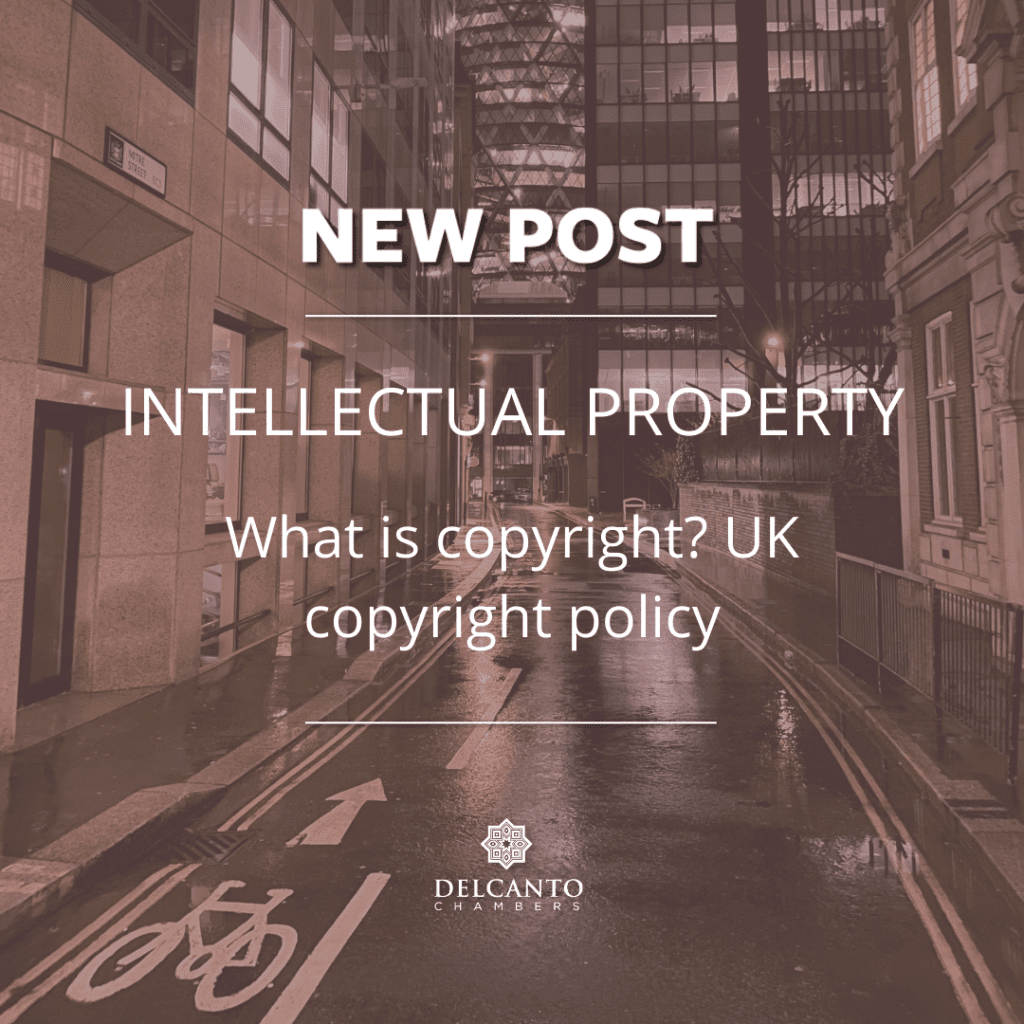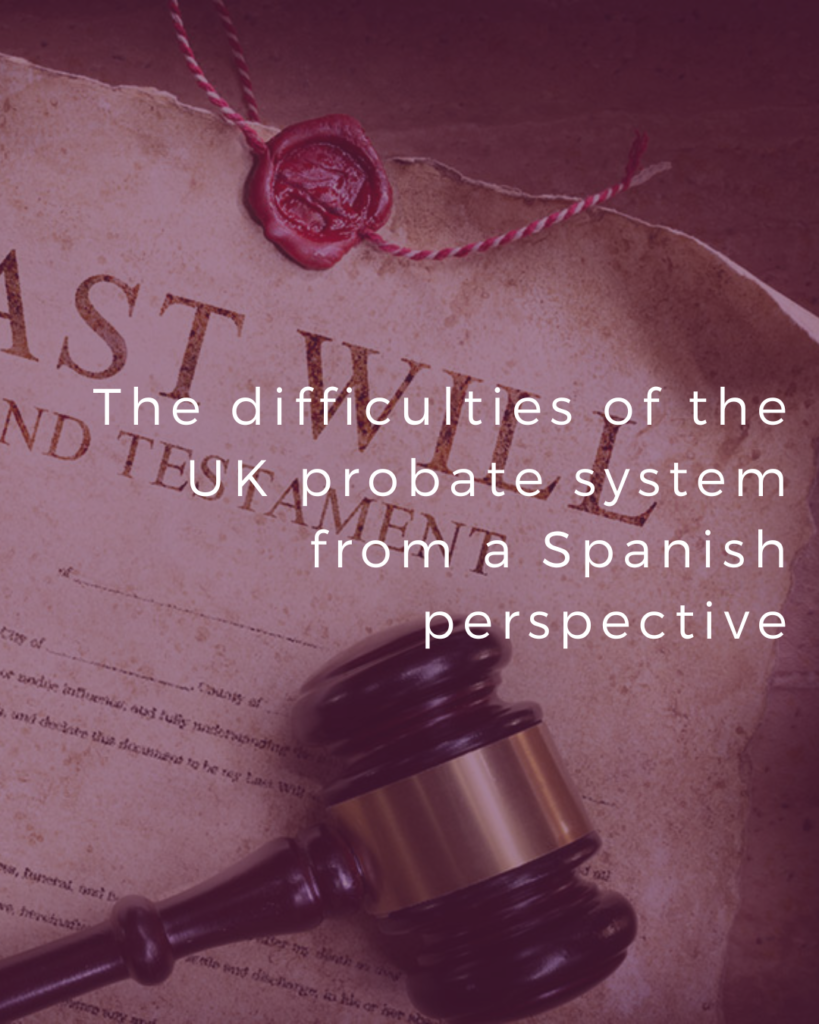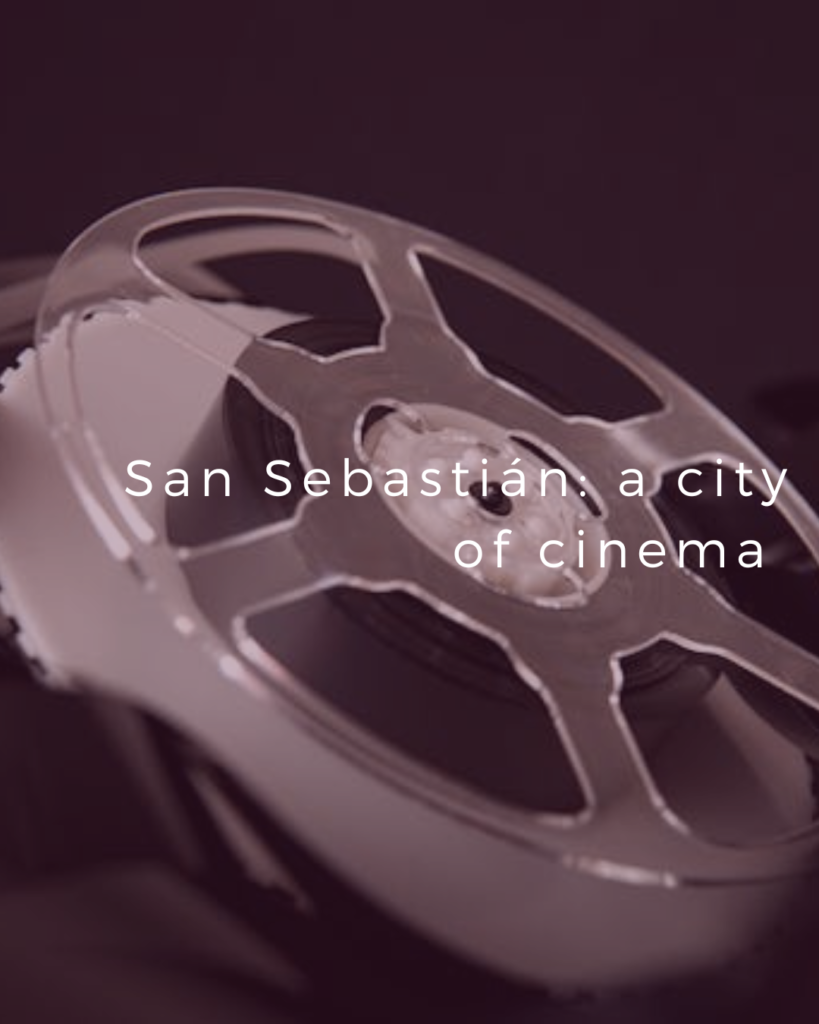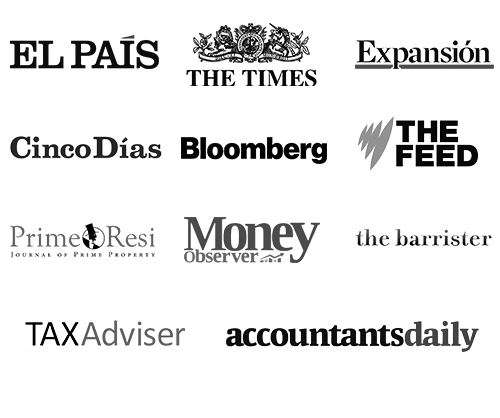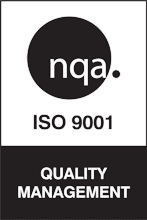What is a Copyright? UK copyright policy. Copyright can be simplified down to the legal right that an owner has over their piece of work, giving creators the ability to sell, rent, licence, copy and share it to a third party, and providing protection to prevent others from using their work without their permission.
Copyright laws have existed in the UK since the 18th Century, however today, they are mainly governed under the UK Parliamentary Copyright, Designs and Patents Act of 1988, under the jurisdiction of England, Wales, Scotland and Northern Ireland.
A copyright, demonstrates the author’s rights to their piece, and enables the author to sue for Copyright infringement, financial loss, and other related damages when an individual makes a profit from using that piece of work. By having these exclusive rights, creators have control of the use of their work, while also being capable of excluding others from using their workout without obtaining permission first.
It is important to remember that Copyright is the legal right to protection of a piece of work once the idea has been physically expressed and does not protect the ideas themselves. People interact with Copyrights often, through watching an online video clip, listening to music, reading a blog, watching a film or looking at a logo, with government statistics demonstrating that the creative industry generates an average of £8 million every hour, demonstrating the prevalence of Copyright in today’s digital world.
How to create a Copyright?
In order to Copyright something, the work has to be original, this requires the creator to have used skill, labour, judgement and effort to create it. Copyright is substantially different from other forms of Intellectual Property as it is an automatic right to the creators of a piece of work. This means, it is not a requirement to register a Copyright anywhere for it to exist, and, as such, there are no formalities to go through, no forms to complete or fees to pay.
While Copyright does not need to be formally registered, most owners choose to demonstrate their Copyrighted work through the ‘©’ symbol, followed by their name and the date it was created. This is recognised worldwide.
Some owners also choose to create a record of their work to prove the date of creation and their ownership, this is often done by depositing a dated copy of the work with a bank or solicitor. It is also good practice to keep a dated physical record of the creation, and any progress of work such as its drafts. Some owners also choose to send a copy to themselves and leave it unopened, as it is the unopened date stamp that creates the record. Others choose to formally register their Copyright through an online service or log, or with a bank or solicitor.
While each country has their own Copyright rules, laws and procedures, most countries will protect work created in other countries in the same way as they protect their own citizen’s work.
What does a Copyright prevent?
- Copying your work
- Distributing copies of it, whether free of charge or for sale
- Renting or lending copies of your work
- Performing, showing, or playing your work in public
- Making an adaptation of your work
- Putting it on the internet
By Copyrighting a piece of work, the owner is able to sue for Copyright infringement when the work, as a whole or any substantial part of it, has been copied.
Types of Copyright
Types of Copyright exist as, but are not limited to –
- Literary Work = anything written, spoken, or sung, and includes a table or compilation, a computer programme, and databases.
- Dramatic Work = a work of dance or mime
- Musical Work = a work consisting of music, without the works or actions performed within the music
- Sound Recordings = such as songs
- Artistic Work = any graphic work such as a painting, drawing, diagram, map, chart or plan, photograph, sculpture, collage, architecture or work of craftsmanship.
- Sound recording = any recording of sound that can be replayed.
- Books / Novels
- Technical Reports / Manuals
- Films / Television / Radio Broadcasting / any electronic transmission of visual images or sounds.
- Engineering / Technical Plans
- Promotional Literature
- Advertising
Duration of a Copyright
The duration of a Copyright depends on different factors, such as the type of work and whether it is published or not. Once a Copyright expires, the work is placed in the public domain, and can be reused, watched, or copied for free, without the need to obtain permission from the creator. Different Copyrights have different durations:
- Written, Dramatics and Artistic Copyrights can last 70 years after the creator’s death.
- Sound and Music recording Copyrights can last 70 years from date of its first publication.
- Film Copyrights can last 70 years after the death of director, screenplay author and composer.
- Broadcast Copyrights can last 50 years from the date of first broadcast.
- Copyrights of the layout of published editions of written, dramatic, and musical works can last 25 years from date of publication.
Copyright Exceptions:
Copyright exceptions do exist, and enable the lawful copying of an author’s work for specific reasons:
- Certain copying of books / journals / sound recordings / films / artistic work may be permitted for individual, private study.
- Copying of certain works to enable access to a disabled individual who has no other means to access it may be permitted.
- Copying of certain works may be permitted for teaching purposes.
- Copying of certain works may be permitted for the creation of parodies, caricatures, or pastiches – Although this is rare.
Where to find further information:
UK Copyright law is governed by the Copyright, Designs and Patents Act 1988 (the 1988 Act), within the jurisdiction of England, Wales, Scotland and Northern Ireland. Further, specific can be found within the act below =
- Types of Copyright: Sections 3 – 8
- Ownership of Copyright: Sections 9-11
- Economic rights of Copyright: Sections 16-24
- Moral Rights of Copyright: Sections 77 & 78
By Elysia Shirley
Contact Us
Del Canto Chambers is a leading London Chambers specialising in intellectual property, tax, international tax and legal affairs, property law and legal advocacy.
If you would like to speak to an expert about registering or protecting a trademark, please ring us.
To make a no-obligation enquiry, please either call us now on:
+44 2070 430648 or Make An Online Enquiry.
We will come back to you within 24 hours and we will be delighted to help you.
